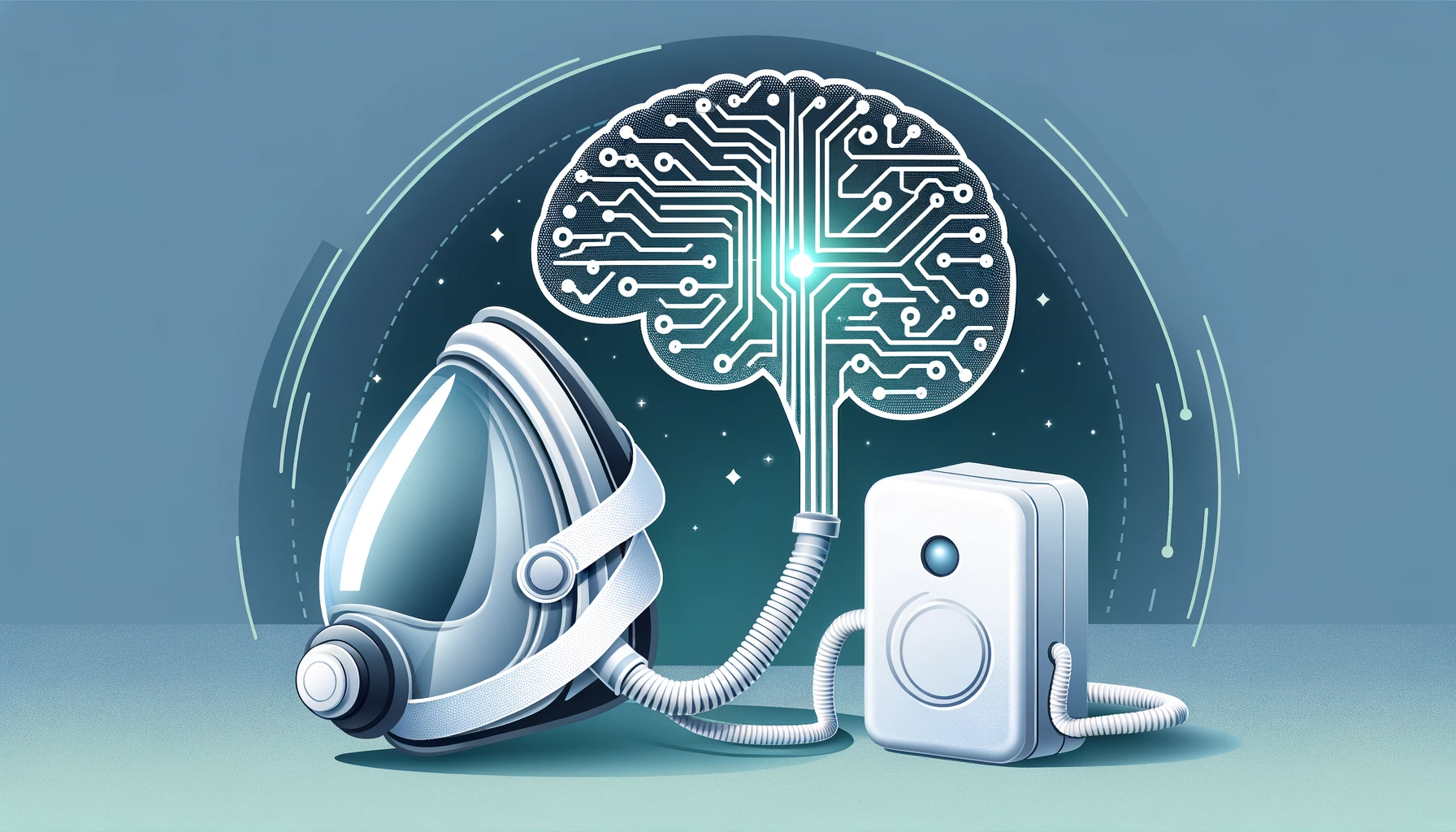
In a recent interview with AFP, Philips CEO Roy Jakobs highlighted the company’s strategic pivot towards harnessing artificial intelligence (AI) in healthcare, marking a decisive step away from its troubled past involving a significant recall of sleep respirators. Jakobs, who assumed leadership of the Dutch medical device giant in 2022, is steering Philips through the challenges and opportunities presented by AI’s evolving role in healthcare.
| Innovation/Partnership | Description |
|---|---|
| AI in Radiology | AI applications aimed at streamlining diagnostics, focusing radiologists on complex case analysis. |
| Administrative Efficiency | AI tools designed to reduce the administrative burden on nursing staff. |
| Data Security Solutions | Collaborations with cloud providers worldwide, including Amazon Web Services, to secure health data. |
| Sleep Apnea Solutions | Development and recall management of the DreamStation machines for sleep apnea treatment. |
The integration of artificial intelligence into healthcare is not just a trend but a necessity, according to Jakobs. With an aging global population and a concurrent shortage of healthcare professionals, AI stands out as a pivotal solution to ensure the sustainability of healthcare systems worldwide. Jakobs points out several critical areas where AI is set to make a significant impact:
- Radiology: Traditionally, radiologists spend a considerable portion of their time on the preliminary analysis of negative cases. AI promises to revolutionize this process, allowing specialists to devote more attention to complex diagnoses where their expertise is most needed.
- Administrative Efficiency: Nurses, who are the backbone of patient care, often find themselves bogged down by administrative tasks. On average, a nurse spends about 20 minutes of every hour on paperwork. AI-based solutions aim to significantly reduce this time, enabling nurses to focus more on patient care.
- Data Security and Management: The digital transformation of healthcare generates vast amounts of sensitive data. Philips’s approach to data management involves a flexible partnership model with cloud services providers, including Amazon Web Services, ensuring that data is stored securely and in compliance with local regulations. This strategy not only safeguards patient information but also facilitates the efficient use of data in treatment and diagnosis.
The journey towards innovation has not been without its setbacks for Philips. The company faced a significant hurdle with the recall of its DreamStation sleep apnea devices, initiated due to risks posed by degrading soundproofing foam. This issue, which affected millions of users worldwide, resulted in substantial financial losses for the company, amounting to over US$2 billion in 2021 and 2022.
Despite these challenges, Philips has made considerable progress in addressing the recall, reaching settlements with users in the United States and regulatory bodies. Jakobs reiterates his apology for the incident, emphasizing the company’s commitment to rectifying the situation and ensuring the safety and satisfaction of its customers.
Under Jakobs’s leadership, Philips is not just navigating through its current challenges but is also laying the groundwork for a future where technology and healthcare converge more seamlessly than ever before. The CEO envisions a world where AI not only enhances the efficiency of healthcare providers but also personalizes patient care, leading to better outcomes.
The shift towards AI and digital technologies in healthcare is a testament to Philips’s resilience and its commitment to innovation. As the company moves beyond its recent crises, its focus on AI and technological advancements in healthcare signals a promising new chapter, not just for Philips but for the global healthcare industry at large.
- Philips is leveraging AI to transform healthcare, focusing on radiology, administrative efficiency, and data security.
- The company is recovering from a recall crisis involving sleep apnea devices, with significant strides made towards resolution and user compensation.
- Philips’s strategic partnerships with cloud providers underscore its commitment to data security and management, crucial in the era of digital healthcare.
- The future of healthcare at Philips is intrinsically linked with AI and technological innovation, aiming to improve patient care and operational efficiency.
As the healthcare industry stands on the brink of a technological revolution, Philips’s efforts to integrate AI into its operations and product offerings highlight the company’s role as a pioneer in this new era. With a clear vision and a commitment to overcoming past challenges, Philips is poised to lead the way in transforming healthcare for the better.
Related News:
Featured Image courtesy of DALL-E by ChatGPT
